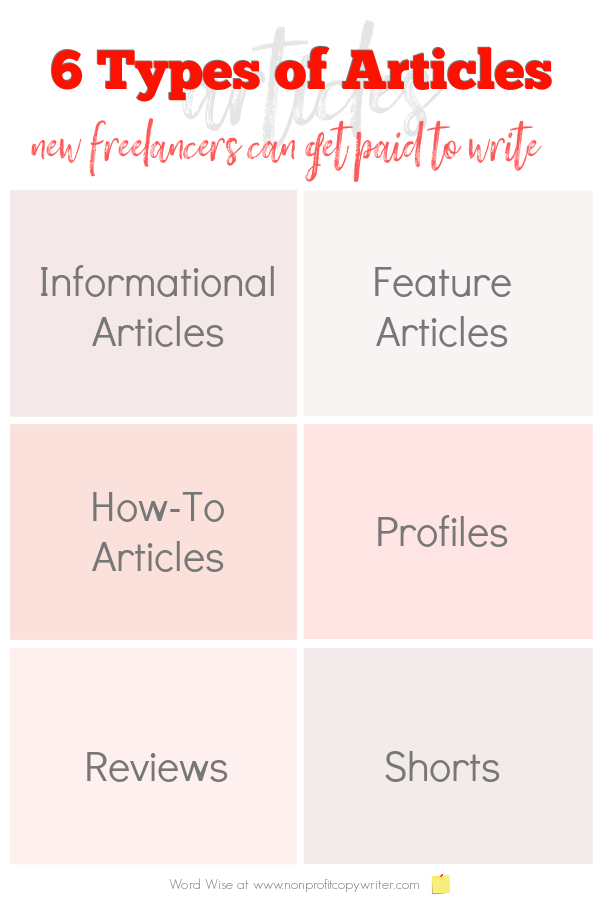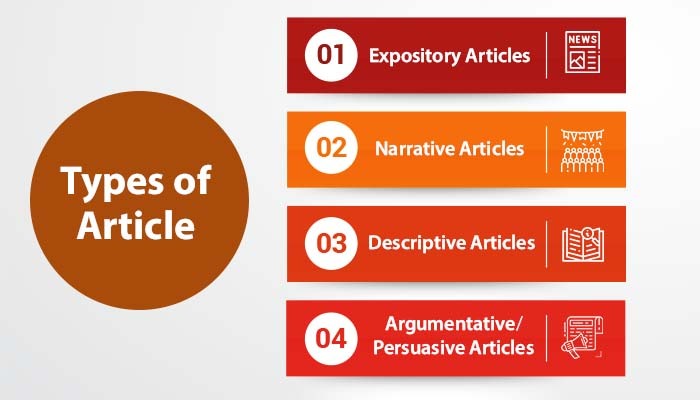The Ultimate Guide to Crafting Compelling Web content with sssdarticles
The Ultimate Guide to Crafting Compelling Web content with sssdarticles
Blog Article
The Mechanics of Articles: A Guide to Their Usages
The differences between the precise and uncertain short articles can significantly alter the significance of a sentence, influencing how info is conveyed. Usual mistakes, such as the wrong application of "a" and "an" or the misuse of write-ups with uncountable nouns, can lead to confusion.

Types of Articles
When it pertains to recognizing the kinds of write-ups, it is crucial to break down the distinctions that exist among them. Articles in the English language are categorized largely right into two types: certain and indefinite short articles.
The certain write-up, "the," is utilized to refer to certain nouns that are recognized to the visitor. It symbolizes that the noun it changes is certain and recognizable, identifying it from various other prospective entities. In the phrase "the publication on the table," the speaker suggests a particular book that both the speaker and listener are acquainted with.
On the other hand, indefinite write-ups, "a" and "an," are utilized to describe non-specific nouns - sssdarticles. They introduce nouns that are not formerly recognized to the visitor or listener. As an example, saying "a feline" does not define which cat is being described; maybe any feline. The choice between "a" and "an" relies on the phonetic context of the complying with word, where "an" is used before vowel noises.

Definite Short Article Use
The precise post "the" plays a critical function in defining nouns within a sentence, enabling clear interaction of concepts. Its primary feature is to suggest that the noun it precedes is unique or recognized to the reader or audience. In the phrase "the book on the table," "the" signals that a certain publication is being referenced, one that is identifiable in the context.
" The" is generally used with single and plural nouns, as well as uncountable nouns, better enhancing its versatility. When talking about principles, occasions, or entities that are widely acknowledged, such as "the Planet" or "the Net," the guaranteed post serves to highlight their selfhood. Additionally, it can be employed with superlatives, as in "the most effective remedy," to represent a specific degree of contrast.
In different contexts, the precise short article additionally appears with geographical names, establishments, and social referrals, such as "the USA" or "the Louvre." Comprehending its suitable use is crucial for attaining precision in language, therefore fostering reliable communication in both composed and spoken forms.
Indefinite Article Use
Indefinite short articles, especially "a" and "an," offer an unique objective in language by presenting nouns that are not specifically recognized to the reader or listener. These articles convey a sense of generalization, showing that the noun they change is just one of many feasible instances as opposed to a certain entity.
The option in between "a" and "an" depends on the initial audio of the adhering to word. "A" is used prior to words that start with a consonant audio, while "an" comes before words that begin with a vowel sound.
Indefinite write-ups additionally come into play when talking about professions, races, or associations. Overall, the proper usage of indefinite posts enhances communication by providing quality and accuracy concerning the nouns being discussed.
Usual Blunders to Prevent
Lots of learners come across risks when making use of indefinite short articles, which can lead to complication in communication. In addition, students typically abuse indefinite posts with vast nouns, erroneously mentioning "a water" instead of merely utilizing "water," which does not require a short article.
One more constant mistake includes leaving out navigate here the uncertain article when it is needed. For instance, one could say "I saw pet in the park," disregarding to consist of "a." This omission can make sentences appear incomplete. Conversely, using indefinite articles exceedingly can also bring about uncomfortable wording, such as "I had a blast at a the celebration."
Recognizing the contexts in which indefinite posts should be used is vital. They are not utilized when referring to general groups, as in "Cats are playful," instead than "A cat is playful." Acknowledging these usual mistakes will improve clearness and accuracy in written and spoken English.
Tips for Effective Usage
To successfully utilize indefinite write-ups, it is essential to understand their suitable contexts and nuances. Uncertain short articles, particularly "a" and "an," are made use of to refer to non-specific items or to introduce new ideas. When making use of "a," keep in mind that it comes before nouns starting with a consonant audio, while "an" is used before vowel noises. This distinction is critical for maintaining grammatical precision.

Furthermore, stay clear of overusing uncertain write-ups in cases where uniqueness is required. Method analysis various texts to observe just how experienced authors utilize uncertain short articles, improving your understanding of their effective application.
Conclusion
Understanding the distinct functions of guaranteed and uncertain posts permits for even more efficient expression of ideas. Ultimately, a firm grasp of article use is necessary for efficient academic and specialist communication.
Report this page